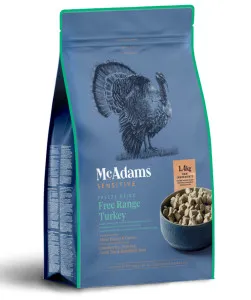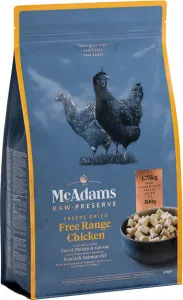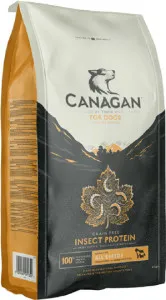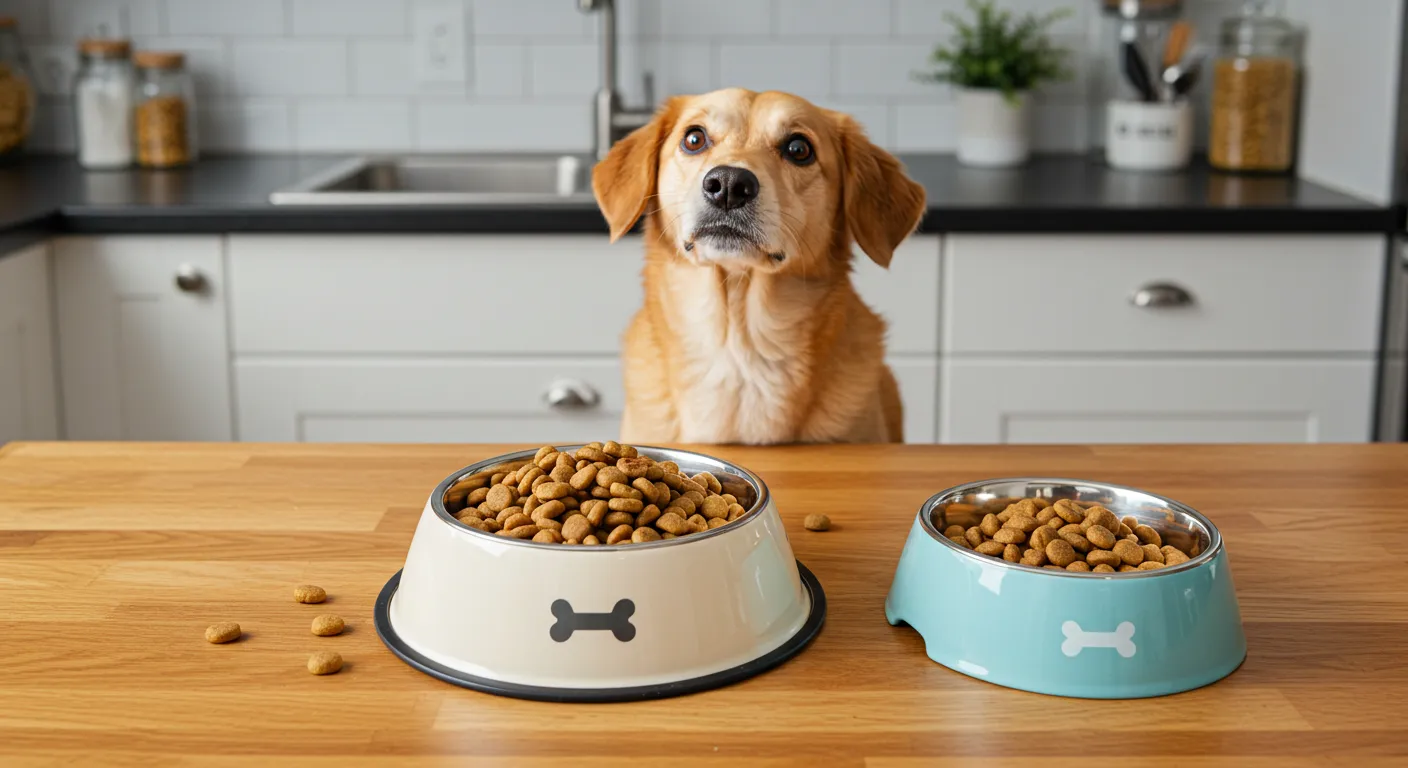Do Dogs Know Their Food Limit?
The short answer is no, most dogs do not instinctively know their food limit. Unlike wild canines, domesticated dogs often rely on their owners to regulate their food intake. Without proper portion control, many dogs will overeat, leading to obesity and other health issues. However, some dogs may self-regulate, especially if they’ve been trained or have a naturally balanced appetite.
Why Don’t Dogs Always Stop Eating When Full?
Dogs evolved from wolves, who had to eat large meals whenever food was available. This survival instinct still lingers in many modern dogs, making them prone to overeating. Here are some key reasons why dogs might not stop eating:
- Instinctual Scarcity Mindset: Wild ancestors ate whenever food was available, leading to a "feast or famine" mentality.
- Highly Palatable Food: Commercial dog food is designed to be irresistible, making it hard for dogs to resist extra bites.
- Boredom or Anxiety: Some dogs eat out of stress or lack of stimulation.
- Lack of Routine: Inconsistent feeding schedules can confuse a dog’s natural hunger cues.
- Begging for food constantly, even after meals
- Eating too quickly (gulping food without chewing)
- Stealing food from counters or trash
- Weight gain despite no change in activity level
- Obesity – Extra weight strains joints and organs.
- Diabetes – Overeating can disrupt insulin regulation.
- Digestive Issues – Bloating or pancreatitis from rich foods.
- Reduced Lifespan – Overweight dogs often live shorter lives.
Signs Your Dog Doesn’t Know Their Food Limit
If you’re unsure whether your dog can self-regulate, watch for these behaviors:
How to Help Your Dog Eat the Right Amount
Since most dogs won’t stop eating on their own, it’s up to pet owners to manage their portions. Here’s how to ensure your dog maintains a healthy diet:
1. Measure Meals Accurately
Use a Pet Food Analyzer to determine the right portion size based on your dog’s breed, age, and activity level. Avoid free-feeding (leaving food out all day), as it encourages overeating.
2. Stick to a Feeding Schedule
Dogs thrive on routine. Feed them at the same times daily to help regulate their metabolism and hunger signals.
Recommended Products

McAdams Freeze Dried Free Range Turkey is an excellent choice for do dogs know their food limit?. This dog food contains Boneless Free Range Turkey 86.5% and other high-quality ingredients that promote overall health.

McAdams Freeze Dried Free Range Chicken is an excellent choice for do dogs know their food limit?. This dog food contains Boneless Free Range Chicken 86% and other high-quality ingredients that promote overall health.

Canagan Insect is an excellent choice for do dogs know their food limit?. This dog food contains Freshly Prepared Insects (27%)* and other high-quality ingredients that promote overall health.
3. Use Slow-Feeder Bowls
If your dog eats too fast, a slow-feeder bowl can help them pace themselves and recognize fullness.
4. Avoid Too Many Treats
Treats should make up no more than 10% of a dog’s daily calories. Overdoing snacks can disrupt their appetite for balanced meals.
Exceptions: Dogs That Self-Regulate
While rare, some dogs naturally stop eating when full. Breeds with lower food motivation (like some Greyhounds or Shiba Inus) may leave food in their bowl. However, even these dogs can overeat if given unlimited access to high-calorie foods.
The Risks of Overfeeding Your Dog
Ignoring portion control can lead to serious health problems, including:
Final Thoughts: Be Your Dog’s Food Guide
Since most dogs won’t stop eating on their own, responsible pet owners must take charge. Measure portions, avoid excessive treats, and monitor your dog’s weight. For personalized feeding advice, try our Pet Food Analyzer to ensure your furry friend gets the right nutrition without overindulging.
By understanding your dog’s eating habits and setting healthy boundaries, you can help them live a longer, happier life—without the risks of overeating.
